How To Say No In Arabic
Saying “no” cannot be a difficult task in any language, but it’s especially important to know how to do so in a respectful and polite manner in Arabic. Here are a few different ways to say no in Arabic.
Advertisements
How To Say No in Arabic
The basic word for “no” in Arabic is simply “laa” and written as لا. This is spelled with a laam and connected alif. It is written just starting at the top, and coming down.
Laa in Arabic
Laa in Arabic is written as لا. This is the most basic and straightforward way to say “no” in Arabic. It’s similar to saying “no” in English, and doesn’t change much in Arabic dialects and can be used in a variety of situations.
On the surface it may appear a basic word, but it is in fact one of the most important and frequently used words in your Arabic arsenal.
Laa لا can be used as prefixes and means:
Advertisements
- a-
- anti-
- dis-
- don’t
- im-
- in-
- no!
- non-
- not
- un-
Grammatical Functions of لا
Laa is used to answer a yes or no question. For example:
- Did you eat breakfast today? هل أكلتَ الفُطور اليَوم؟
- No, I did not eat breakfast. لا، لَم آكلُ الفُطور
It also used to negate the present tense. For example:
You don’t eat meat, then you are a vegetarian. لا تأكلَ اللَحِم، إذاً أنتَ نَباتي
It is used to give negative commands. For example:
Don’t drink this water. لا تشرب هذا الماء
Advertisements
You will not travel. سوف لا تسافر
It is used with nouns in compound forms. For example:
- nothing لا شيء
- no doubt لا شَكْ
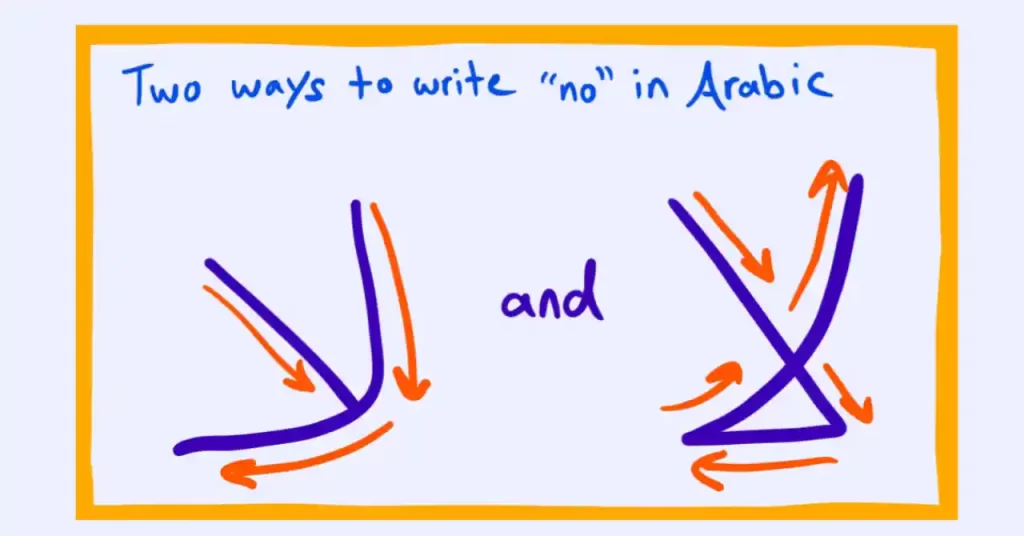
You may also like: Arabic Letters Connected Form Chart
Advertisements
Other Ways To Say No in Arabic
Mostaheel مستحيل
The word mostaHeel مستحيل means “no way” in Arabic. This word is only used to reply to a crazy unrealistic suggestion.
For example if someone asks you to go out the night before your important exam, you’ll probably want to say yes, but your conscience will change that reply to mostaHeel مستحيل!.
You an also interpret mostaHeel as “impossible”, in the sense of “not going to happen”.
La atafeq لا اتفق
La atafeq لا اتفق is the Modern Standard Arabic way to say “I don’t agree”, and while it’s useful when someone is expressing an opposing opinion to yours, you can also use it when someone suggests something that you don’t agree to.
However, this expression is slightly more old-fashioned. People don’t often use this expression to say no in Arabic. You might only hear it used by older folk or by younger people ironically.
These are all ways to say ‘no’ in Modern Standard Arabic:
Kalla كَلاّ
Kalla also mean not at all, certainly not.
Maa ما
Maa is for perfect verbs and it means did not and can also mean ‘no’.
Lam لم
Lam is for imperfect verbs but actually implies imperfect verbs.
Lan لن
Lan is for imperfect verbs in future tense.
Laysa ليس
Laysa does not really mean ‘no’ but ‘to not be’. It is an imperfect verb, despite having the qualities of a perfect verb.
| English | Arabic |
| No wonder in Arabic | ; لا بِدْعَ ; لا عَجَبَ ; لا غَرْوَ |
| No person in Arabic | لا أحَد ; ولا واحِد |
| No matter in Arabic | حَيْثُمَا |
| No doubt in Arabic | بِلاَ شَكّ ; لا جَرَمَ ; لا شَكّ |
| No one in Arabic | لا أحَد ; ولا واحِد |
| of no in Arabic | لاغٍ (اللاّغِي) |
No problem in Arabic
The Arabic phrase for no problem is written as لا مشكلة and pronounced Laa mushkila.
No thank you in Arabic
The Arabic phrase for no thank you is written as لا شكراً and the pronunciation is laa Shukran.
If you want to politely decline something, for example an extra helping, or some kind service, then you should consider adding shukran شكرا, which means “thank you in Arabic” to make it laa shukran لا شكراً.
It is definitely better to say “no thank you” than give an abrupt “no” in many situations.
It’s important to remember that saying “no” in Arabic, or in any language, should be done with tact and politeness. It’s always a good idea to follow up your “no” with an explanation or an alternative suggestion if possible.
Conclusion
In conclusion, learning how to say “no” in Arabic is an important skill to have, and there are several different ways to do so depending on the situation and your relationship with the person you’re speaking to.
Whether you use “laa,” “mustaheel,” or one of the other phrases listed above, be sure to do so in a respectful and polite manner to avoid offending anyone.
Advertisements

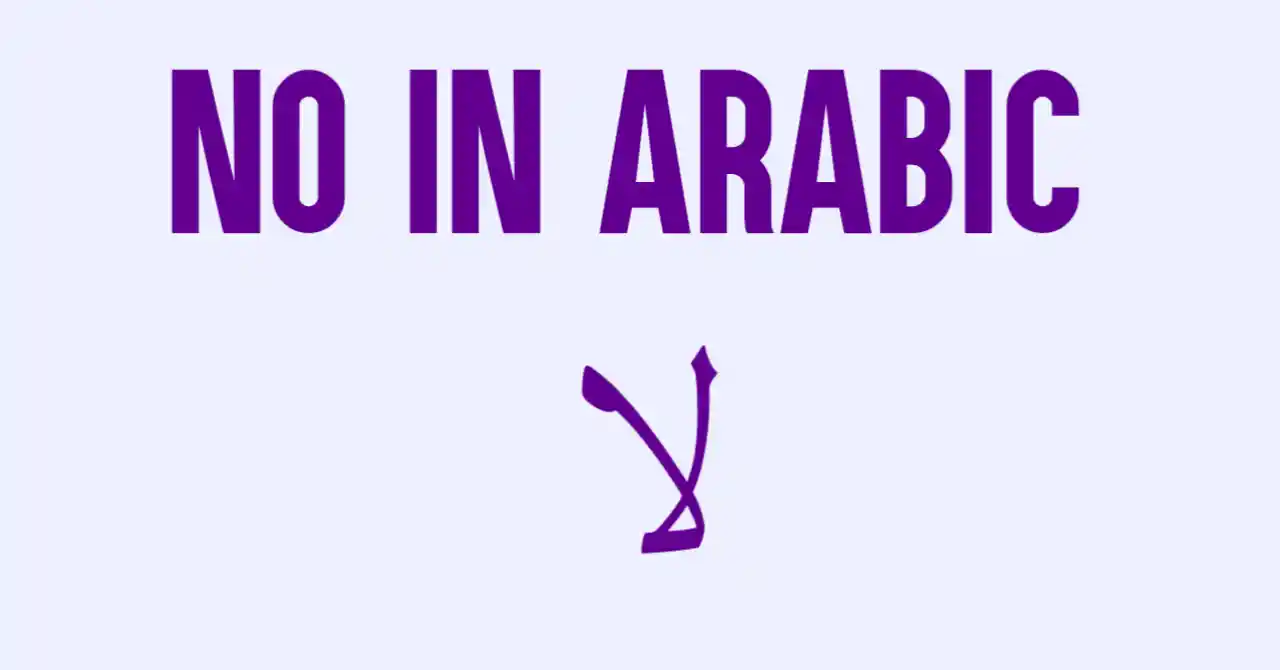

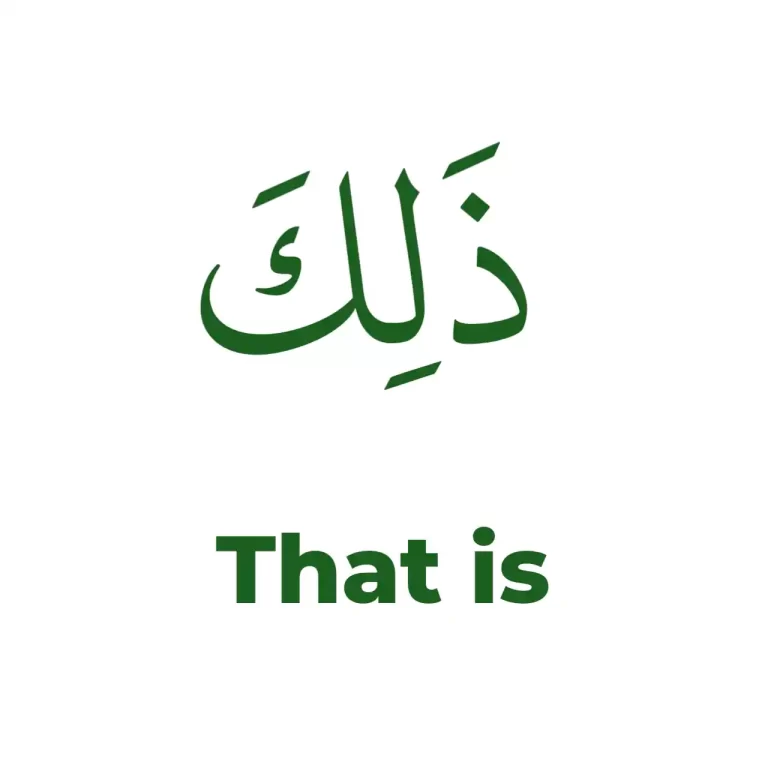
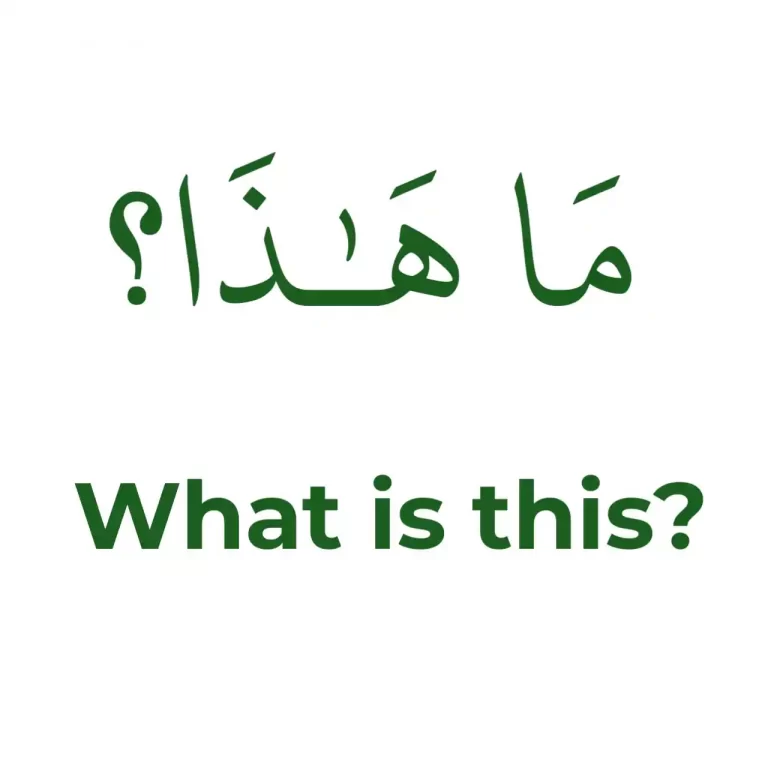


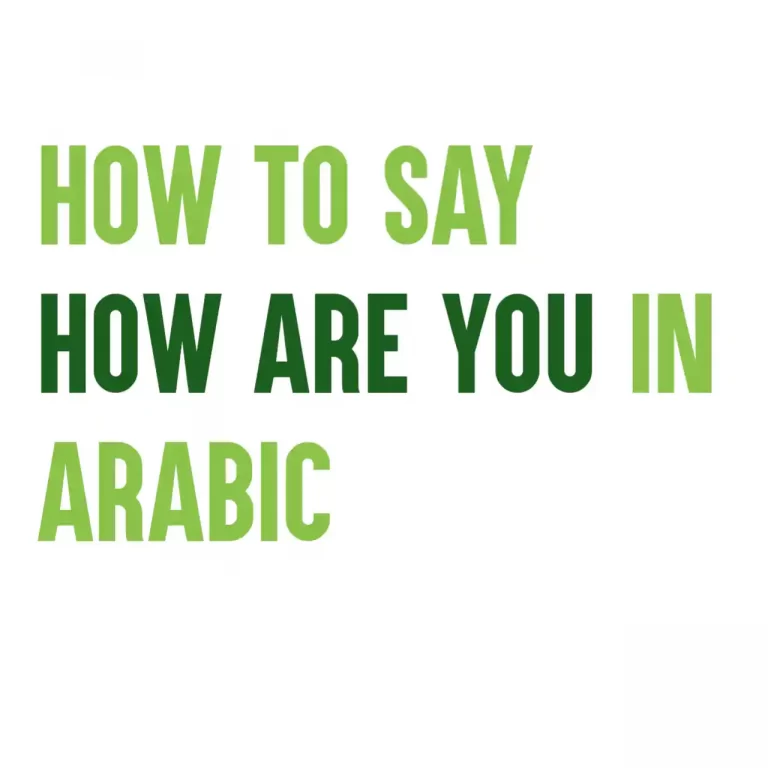
One Comment